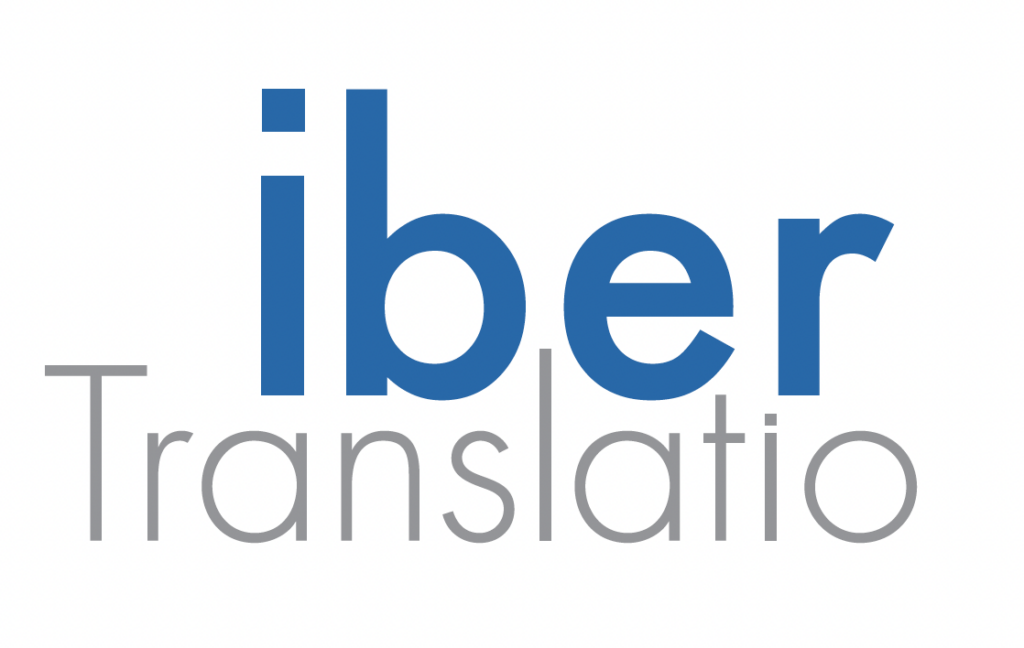
Description
As a complex cultural phenomenon, the study of translation should encompass all of its dimensions, addressing the political, historical, social, economic, editorial and literary context in which the act of translating is carried out. The Iberian space’s cultural and linguistic complexity and diversity make it an ideal place to study translation’s role as a mediator between literatures and cultures and to analyse the evolving dynamics of power and resistance revealed by the distinct relationships that translation establishes. Grounded in the cultural lens of Translation Studies, and in the polycentric perspective of Iberian Studies, this line of research within the DIIA cluster (Diálogos Ibéricos e Iberoamericanos) at Center for Comparative Studies (School of Arts and Humanities) of the University of Lisbon proposes to study the phenomenon of translation across different eras, angles, aspects in order to analyse its central role in the (re)configuration of the field of Iberian Studies.
Established in 2018, IberTRANSLATIO has two main objectives: firstly, to study the role of translation as a mediator between the diverse literatures and cultures of the Iberian Peninsula, and secondly, to evaluate and rethink the role of translation in the discipline of Iberian Studies going forward. With these dual aims, this research project opens doors for the study of multiple areas and complex phenomena within the Iberian space (self-translation, indirect translation, collaborative translation, transfiction, translation policies and practices, etc.).
In 2019 we organised our 1st International IberTRASLATIO Symposium at the University of Lisbon and more recently we have published the book Iberian and Translation Studies. Literary Contact Zones (Liverpool University Press 2021), edited by Esther Gimeno Ugalde, Marta Pacheco Pinto and Ângela Fernandes. In June 2022 the group is organising its 2n International IberTRASLATIO Symposium, which will be hosted at the University of Vienna around the theme ‘Writing and Translating within/between Iberian Literatures’.
Research team
Esther Gimeno Ugalde (University of Vienna, Department of Romance Studies) – Coordinator
Ângela Fernandes (University of Lisbon, Center for Comparative Studies, School of Arts and Humanities)
Marta Pacheco Pinto (University of Lisbon, Center for Comparative Studies, School of Arts and Humanities)
Isabel Araújo Branco (Nova University Lisbon, CHAM – Center for the Humanities)
José Pedro Sousa (University of Lisbon, Center for Theater Studies, School of Arts and Humanities)
Sara Rodrigues de Sousa (European University Lisbon & University of Lisbon, Center for Comparative Studies, School of Arts and Humanities)
Fátima Fernandes da Silva (University of Lisbon, Center for Comparative Studies, School of Arts and Humanities)
Antonio Sáez Delgado (University of Évora, Iberian Studies Chair)
Miguel Mochila (University of Évora, Iberian Studies Chair)
 IberTRANSLATIO
IberTRANSLATIO